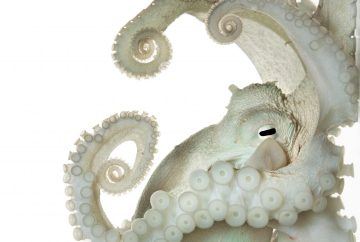by Leanne Ogasawara

1.
Imagine finding out that intelligent life has been discovered on the far side of the galaxy. To learn that across the endless expanse of intergalactic space there exists a planet filled with new forms of life –and riches unimagined– if only we can find them. It won’t be as easy. Even in the 17th century people knew that flying to the moon in a chariot pulled by wild geese wouldn’t bring them face-to-face with aliens.
Maybe you’re thinking we could detonate all the nuclear bombs in the world on the dark side of the moon to get their attention? Well, that might work, but the aliens would have to be looking at just the right moment when the x-rays ripple past their telescopes. Astronomers have long been searching the radio waves of the universe for a message in a bottle. But so far, nothing has washed up.
Radio silence.
I became interested in Daniel Oberhaus’ book Extraterrestrial Languages after stumbling on a really exciting review in the London Review of Books. But it was not the history of SETI attempts to communicate with alien civilizations that excited me. What genuinely grabbed my attention was when the author made the obvious point that if we can’t even communicate with other species on our own planet, how are we supposed to communicate with aliens? Of course, we have been able to teach primates, Corvids, parrots and other birds, and certainly dolphins a lot of our human language — But how many words do we speak of Dolphinese or Chimpanzine? And what songs can we sing to in Whale-song? [Note 1] Read more »


